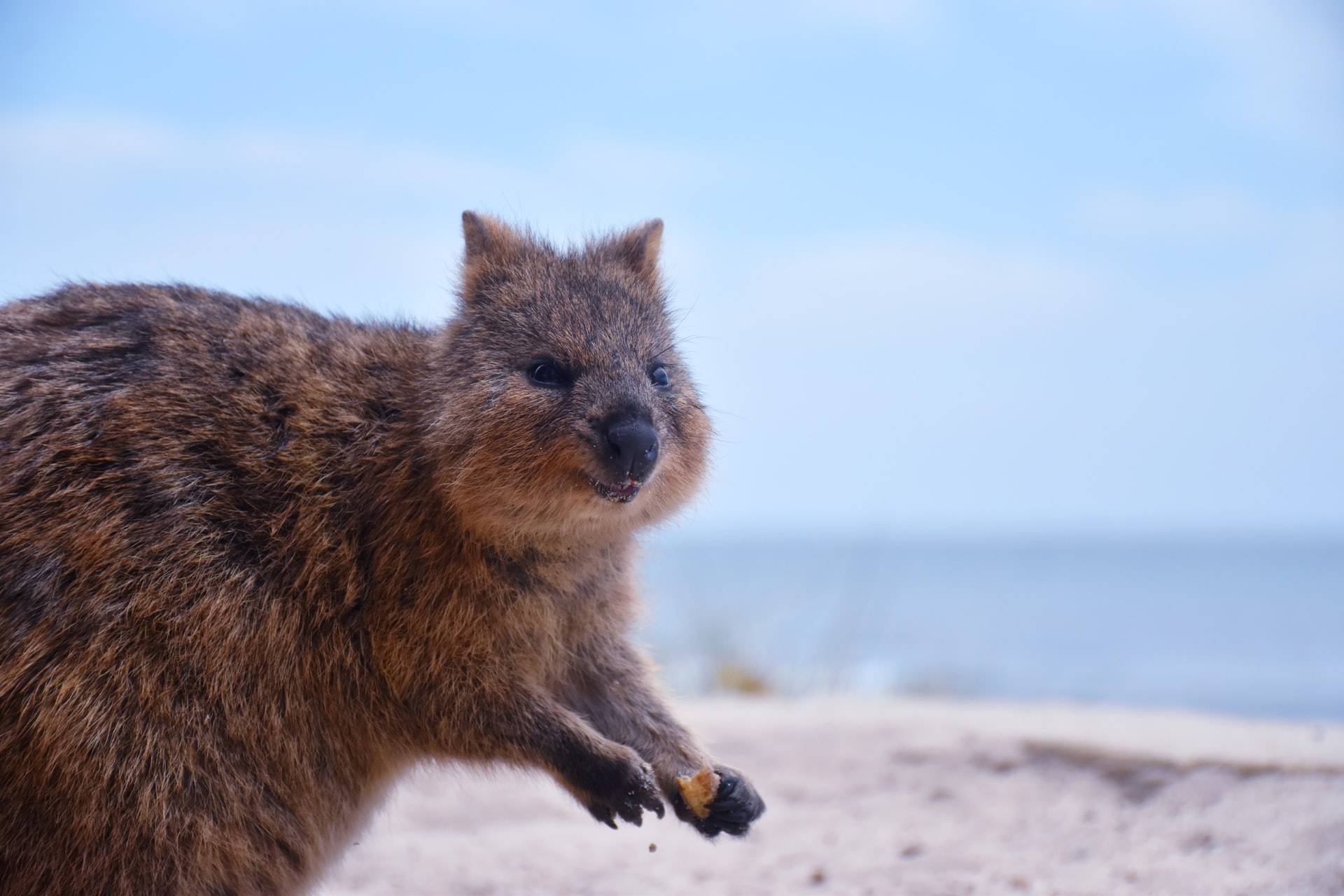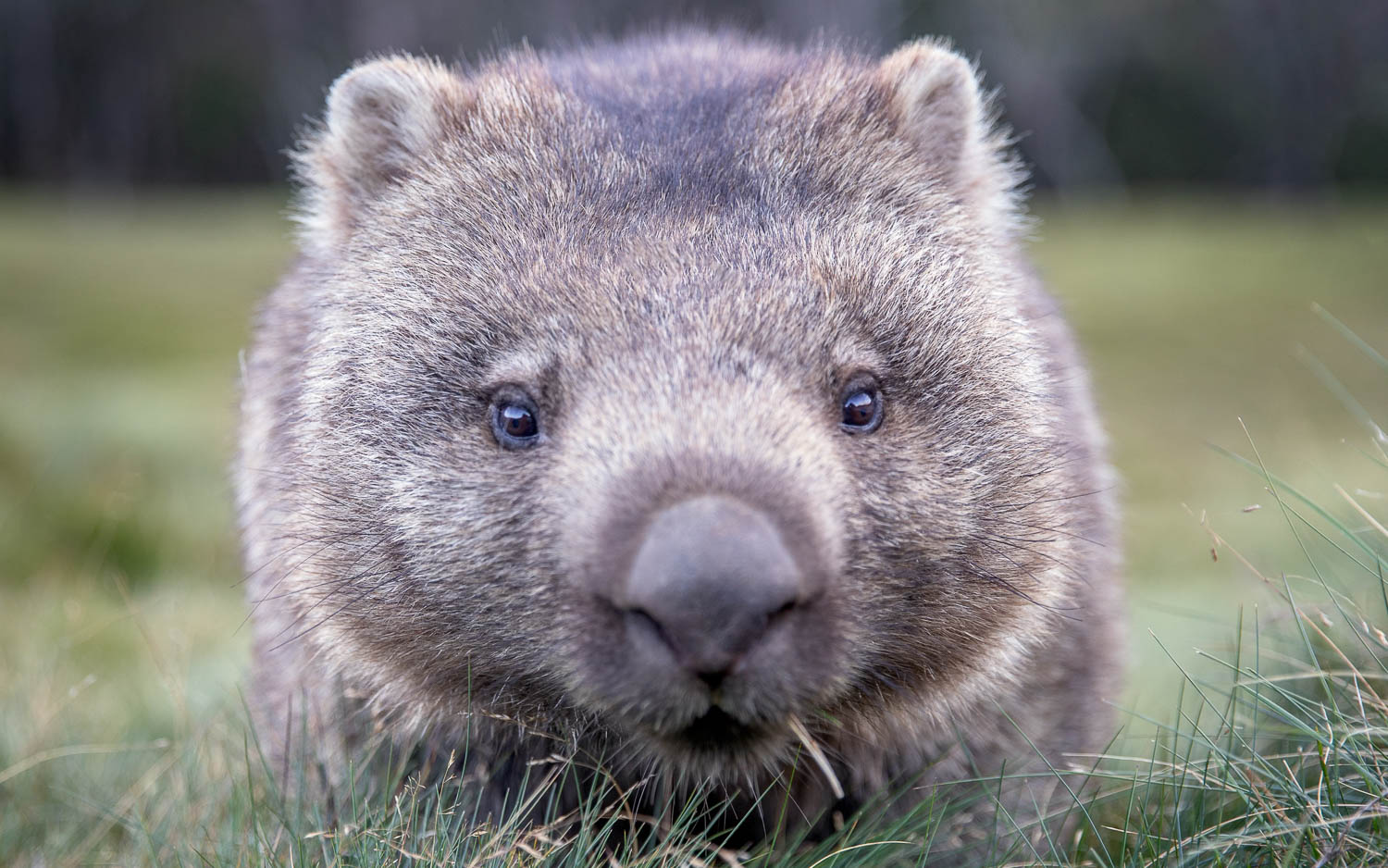Australian Mammals: a Guide to Sightings, Sanctuaries & Experiences

Meet Australia’s Most Iconic Mammals
A Wildlife Lover’s Dream Destination
From cuddly koalas and bouncing kangaroos to elusive platypuses and spiny echidnas, Australia’s mammals are truly unique, with over 300 native species found nowhere else on Earth. Whether you’re a wildlife photographer, family traveller, or nature enthusiast, this guide helps you discover where to see, feed, and ethically interact with these remarkable animals — from desert-hopping marsupials and tree-dwelling gliders to wombats snuffling along misty trails, every encounter tells a story millions of years in the making.
🦘 Want to meet a kangaroo or see a platypus in the wild?
👉 Explore our detailed guides to Australian Marsupials and Platypus, Echidnas & Native Rodents. As well as Top Mammal Encounters in Australia.
🐾 Why Australian Mammals Are So Unique
Australia’s long geographic isolation created the perfect conditions for evolution to take some truly fascinating turns. Here’s what makes our native mammals so extraordinary:
🦘 Marsupials Rule the Land
Most of Australia’s mammals are marsupials — mammals that carry and nourish their young in pouches. Koalas, kangaroos, wombats, and quokkas all belong to this group. They’ve adapted to survive in every landscape, from tropical rainforests to arid deserts.
🥚 Egg-Laying Mammals (Monotremes)
The platypus and echidna are the only living monotremes in the world. These unusual mammals lay eggs instead of giving birth to live young — and spotting one in the wild is a once-in-a-lifetime moment.
🐁 Rare Native Placentals
Australia also has a handful of native placental mammals, including bats and rodents. Though often overlooked, these species play vital roles in local ecosystems.
Meet the Three Mammal Groups of Australia
Want to learn more about these groups?
Visit our full guides to Australian Marsupials and Platypus, Echidnas & Native Rodents to explore their biology, behaviour, and where to see them.

Tips for Spotting Mammals in Australia
Most Australian mammals are shy, nocturnal, or active at dawn and dusk — but with the right timing and approach, you can enjoy unforgettable sightings.
📅 Best Time of Year
-
April to October is ideal in most regions: cooler weather, more wildlife activity.
-
Northern Australia: The dry season (May–October) offers the best wildlife conditions.
🕐 Best Time of Day
-
Dawn and dusk are peak activity times.
-
Avoid hot afternoons, when most mammals rest.
🌿 Where to Look
-
National parks, bush trails, water sources, and quiet campsites.
-
Possums and wombats are often seen near campgrounds at night.
🧑🏫 Go With a Guide
-
For rare mammals like the platypus or quolls, guided night walks and spotlighting tours greatly improve your chances of seeing them.
🤫 Be Quiet & Patient
-
Move slowly, stay silent, and scan the underbrush. Many mammals are well-camouflaged and easily missed.
Looking for close-up encounters and photo ops?
👉 Don’t miss our guide to Top Mammal Encounters in Australia »
Best Places to See Australian Mammals in the Wild
Whether you’re road-tripping, hiking, or visiting a wildlife park, these regions offer some of the most rewarding mammal encounters:
🌏 More Guides to Explore
Ready to dive deeper?
-
🦘 Australian Marsupials » – Where to find them, how they live, and why they matter
-
🥚 Platypus, Echidnas & Native Rodents » – Meet ancient egg-layers and secretive rodents
-
📸 Top Mammal Encounters in Australia » – Feeding kangaroos, camping with wombats, nocturnal tours & more
🧡 Respect, Protect & Enjoy Australia’s Unique Mammals
Your wildlife encounters are more than just travel memories — they’re a way to connect with animals found nowhere else on Earth. By choosing ethical experiences, avoiding touching or feeding wild animals, and supporting conservation-focused organisations, you help protect these species for future generations.
📌 Add this page to your Australia bucket list and share it with fellow wildlife lovers.
Subscribe for Travel Ideas & Itineraries
Plan your next trip with fresh ideas, straight to your inbox.



